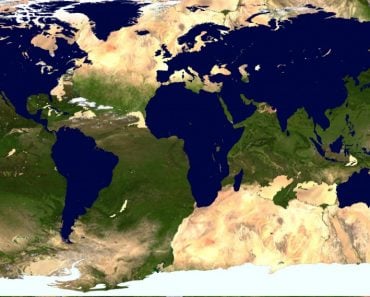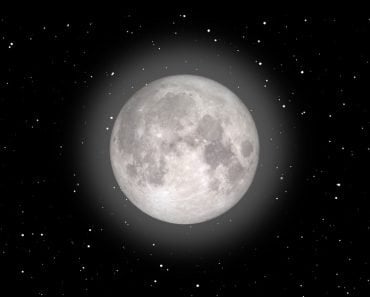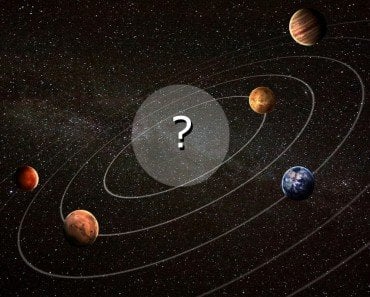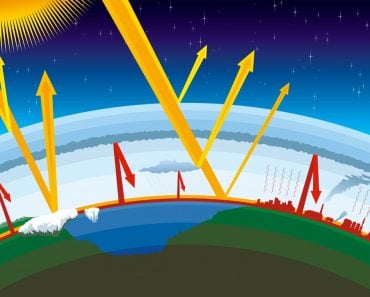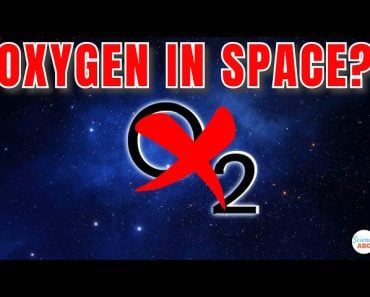Table of Contents (click to expand)
The depletion of atmosphere would not only be fatal to humans but also to most of the plants and animals out on the planet. Even flying creatures wouldn’t be immune to hazards arising from atmosphere-less planet.
Talking about the atmosphere and how reckless human activities are messing with it is a common topic on the Internet. These sorts of stories can end up in front of you through various social media channels, peer discussions, or television. They can pop up practically anywhere, which is actually a good thing.
However, this post is not about saving the atmosphere, but rather imagining life without it! What if the atmosphere on the Earth suddenly disappears? What if some gigantic space hand peels the protective layer off of our planet?
Recommended Video for you:
What Is Our Atmosphere Made Of?
The atmosphere, as we know it, is a protective layer of gases that envelop the Earth. It consists of a number of gases, including nitrogen (78%), oxygen (21%), argon (0.93%) and traces of carbon dioxide, hydrogen, helium, and other noble gases. The atmosphere is held in place above the planet (as is true of any other celestial body with an atmosphere) due to its gravitational force, which keeps it adhered.
Importance Of The Atmosphere
The benefits of having an atmosphere are too extensive to list. The fact that most of life as we know it depends on it says plenty about the atmosphere’s importance to the planet. In addition to being an abundant source of oxygen, i.e., the lifeline of most life forms on Earth, the atmosphere also acts as an insulating layer that protects us from harmful solar and other cosmic radiations.
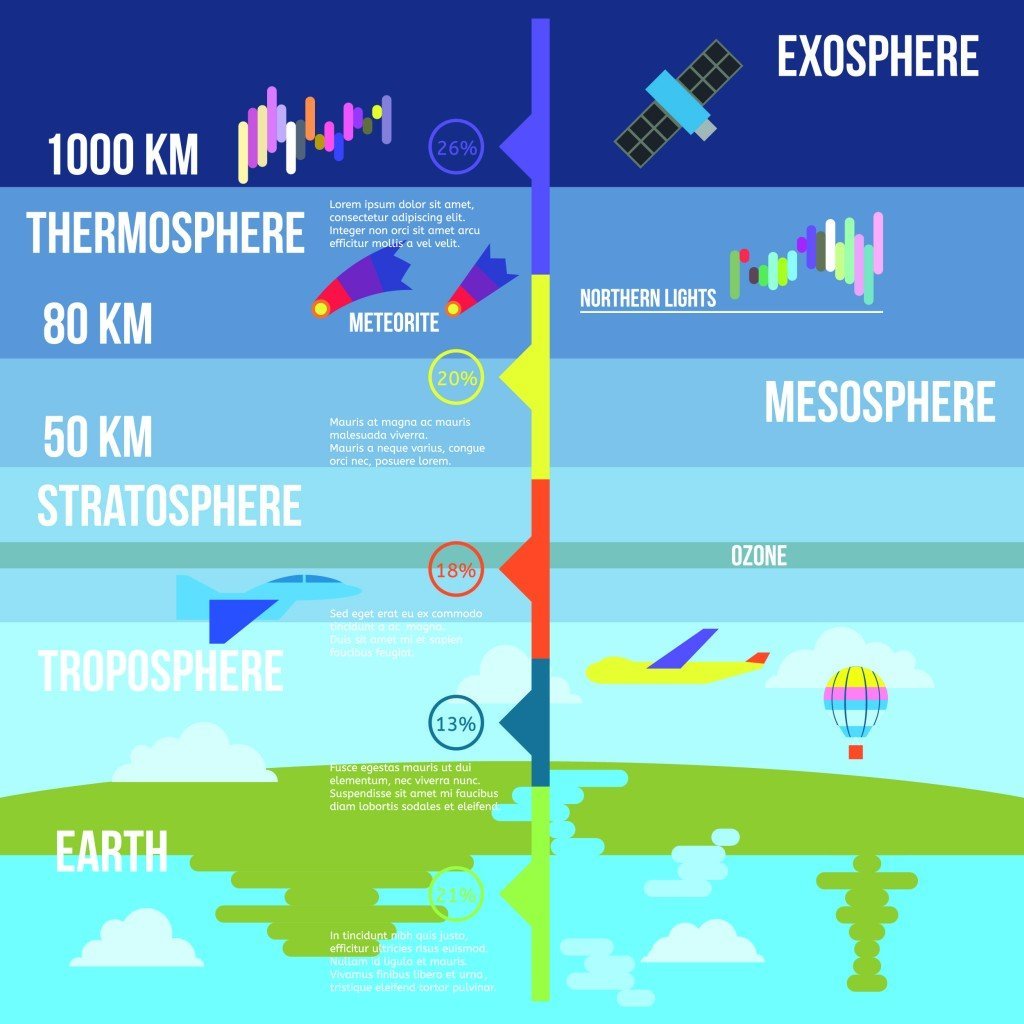
What If The Atmosphere Disappears?
Since so many aspects of the planet are linked to the atmosphere, let’s start with the one that is the most relevant to our selfish selves.
No Humans (And Perhaps No Life)
This major issue shouldn’t come as a surprise, since humans absolutely and entirely depend on the oxygen present in the atmosphere. There would be no chance of our survival if it ceased to exist. Wonder why? Well, when we inhale, our diaphragm uses the pressure difference between the air in our lungs and the air outside the body. So, we basically cannot inhale in a vacuum, which would be the case in the absence of an atmosphere. Even hooking onto a respirator wouldn’t save us. It would be only a matter of minutes before all of humanity was wiped out, unless a few lucky souls somehow get inside a protective spacesuit with an oxygen supply.
The depletion of Earth’s atmosphere would not only be fatal to humans, but also deadly for most of the plants and animals out on the planet. Remember, almost all living organisms need oxygen to survive—from the tiniest ants to the biggest blue whales.
Flying creatures also wouldn’t be immune to hazards arising from an atmosphere-less planet. Along with any flying aircraft, and airborne species would come down crashing down to the Earth’s surface. Birds need air pressure to fly and are able to move in the air by establishing pressure differences—just as we do while swimming under water. Therefore, no atmosphere means that no creature can fly.
As for marine life, they just might able to defer their death a bit longer. As marine creatures rely on dissolved oxygen, which wouldn’t immediately vanish if the atmosphere disappeared suddenly. However, as the creatures continue to use up the dissolved oxygen, a point would be reached wherein no more dissolved oxygen is available to support the existence of marine life.
Perhaps there might be a few survivors who could beat all the odds. Microscopic organisms like chemosynthetic bacteria and tardigrades might just survive, given their relatively low dependence on oxygen for survival. Tardigrades are resilient organisms that have already proven their ability to survive in the vacuum of outer space! However, aside from these teeny-weeny microbes, the survival of almost every other organism would be impossible.
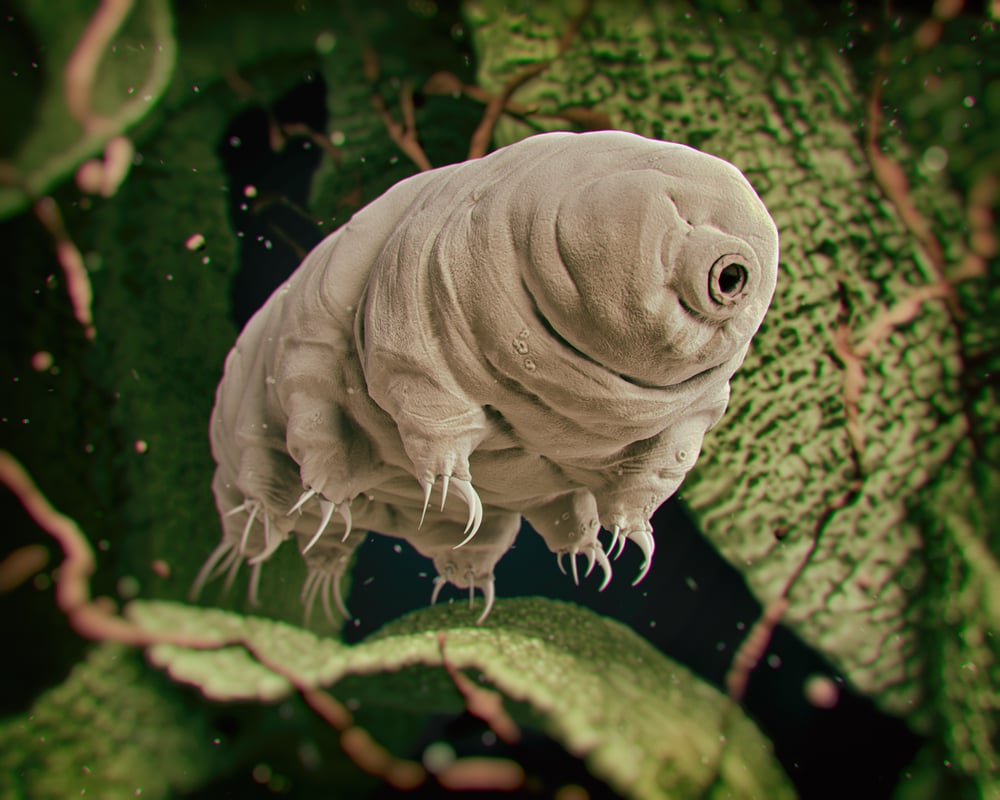
No Oceans
Another important element for the existence of life after oxygen is water, which would also come under threat of disappearing if the atmosphere vanished overnight.
It’s our atmosphere that blocks tons of harmful rays from the sun and shields the life on our planet from the repercussions of harmful solar radiation. However, if the atmosphere disappeared, there would be no atmospheric pressure, which would mean that the boiling point of water would drop significantly. This would mean that the water in the ocean and other water bodies would start boiling into vapor. Our neighbor, Mars, is thought to have had water and an atmosphere a few billion years ago. However, as it lost most of its atmosphere, it is now a barren land with negligible water in liquid form.
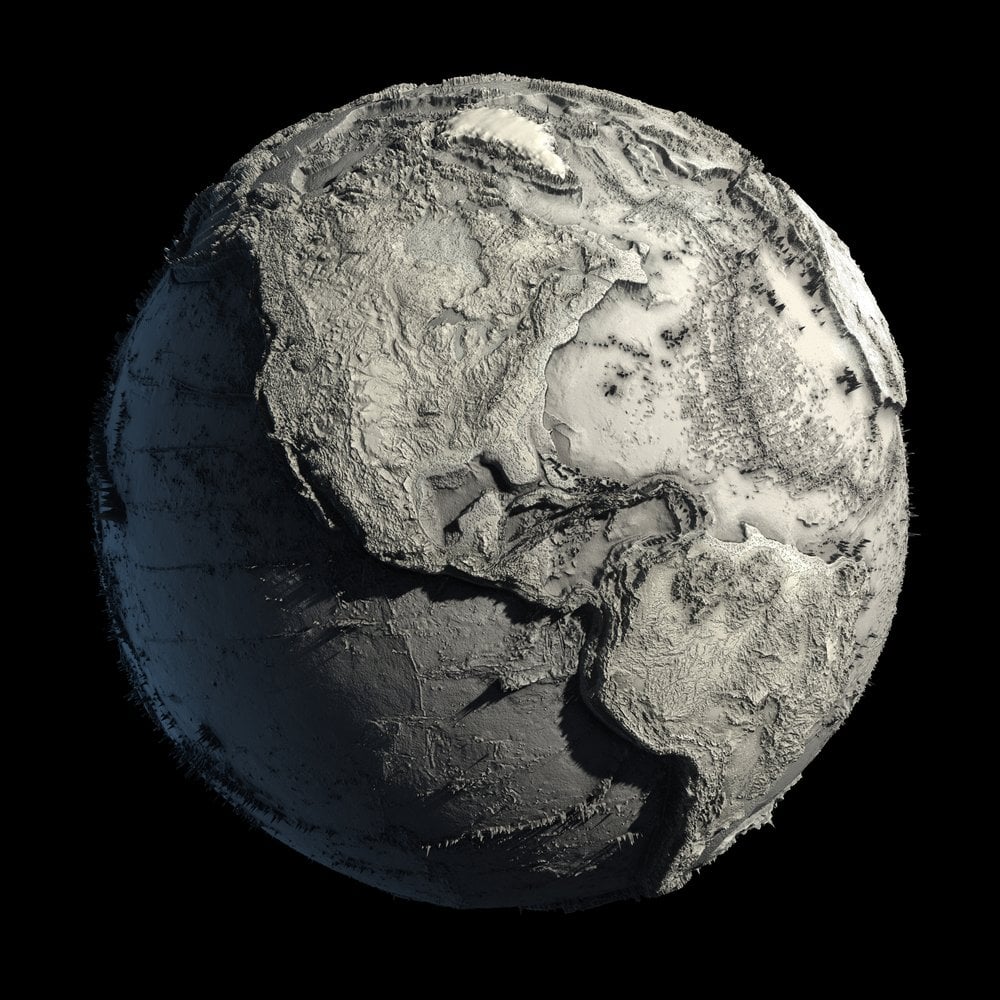
No Clouds, No Rain
The picturesque cloud cover that moves across our sky would also vanish as the atmosphere departed. The beautiful ‘blue’ sky that you see during the day wouldn’t be blue anymore either. It would turn black. The sky appears blue because the light emitted from the sun gets scattered as it enters our atmosphere. The blue color that we see in the sky is due to this scattering of light. Also, no clouds means no rain. You would certainly miss getting nostalgic upon smelling petrichor or just the simple pleasure of dancing in the rain!
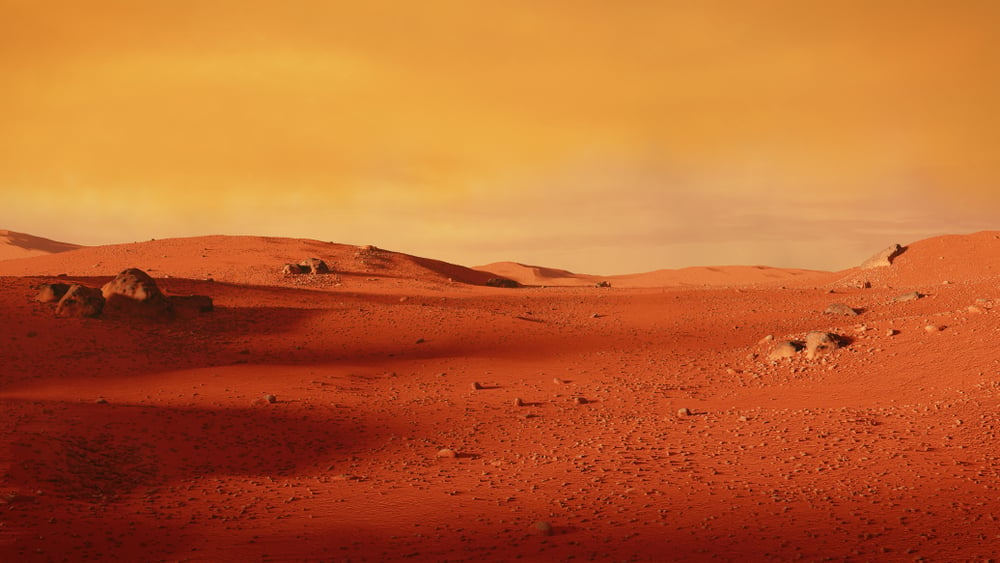
No Sound
Clearly, many whirring mishaps would happen, such as the crashing of aircraft and birds, the boiling of water and the painful dying of plants and animals in the aftermath of the atmosphere’s disappearance. However, all these grotesque events would happen without any noise! Why, you ask? Well, sound needs a medium to travel in, and it cannot travel in a vacuum. So, there would be no sound whatsoever of any activity occurring on the planet. If we managed to somehow survive within a spacesuit, we might be able to feel the vibrations, but the sound would be a jettisoned entity.

Wild Temperature Fluctuations
Another ramification of a waning atmosphere would be wild temperature fluctuations. Take the case of a moon with no atmosphere. It basically cooks at 253 degrees Fahrenheit in sunlight and freezes at -243 degrees Fahrenheit in shadow. Similarly, the difference between the temperatures of day and night in an atmosphere-less Earth would be drastic, ranging up to a few hundred degrees.
Asteroid Hammering
In one of our articles, we discussed how Earth had sustained a number of devastating asteroid strikes in the last few centuries. In the same article, we also discussed how the huge number of near-Earth objects pose a significant risk to the planet. A number of these small objects do hurtle towards Earth every year, but thanks to our guardian atmosphere, most of them burn up before actually hitting the ground. In the absence of the atmosphere, however, all those fast-flying rocks would break loose and mercilessly ram into the Earth without any protective layer to stop them.
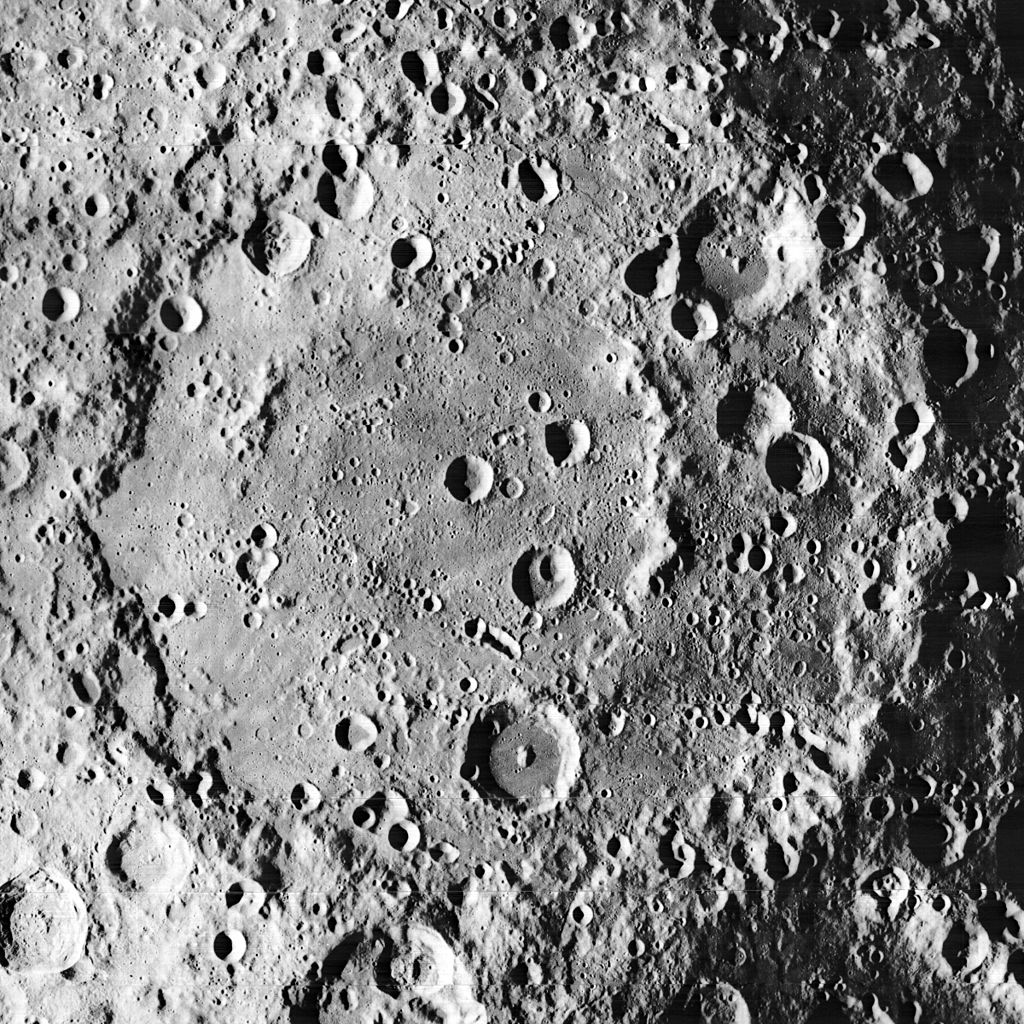
All in all, Earth is incredibly dependent on its atmosphere, so it is in our own and nearly every other life forms’ (except microorganisms reliant on anaerobic respiration) best interests to keep the atmosphere healthy, and more importantly, attached to our planet!


